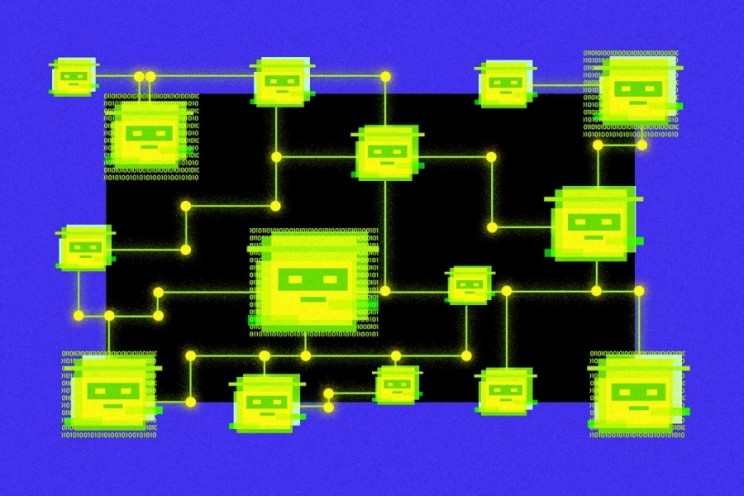
Are AI agents the next big thing in the generative race?
SOURCE: Tech BrewLast year, researchers from Google and Stanford University populated a virtual village with about two-dozen ChatGPT-powered characters. The Sims-like personas could remember their roles, go on dates, challenge each other to competitions; they even coordinated to throw a Valentine’s Day party. Believe it or not, this sleepy little AI town held some clues about a new stage in the generative AI hype cycle. Tech giants and startups alike are increasingly thinking about how large language models (LLMs) can move beyond chatbots and into autonomous “agents” that can perform tasks on their own accord. More than just answering questions and proffering information, this new crop of systems tap LLMs to actually complete multi-step actions, from developing software to booking flights. While the tech is still relatively nascent, it’s progressed in the past year. Google DeepMind recently unveiled an AI agent called SIMA that was trained on 3D video games, including something called Goat Simulator 3, to handle around 600 skills, from navigating the games to opening menus, demonstrating what the research arm called “the potential to develop a new wave of generalist, language-driven AI agents.” Another company called Cognition AI grabbed tech workers’ attention with its claim that it had created “the world’s first fully autonomous AI software engineer,” Devin. Beyond just generating snippets of code, the startup says Devin can plan and deploy programs throughout the entire development process.